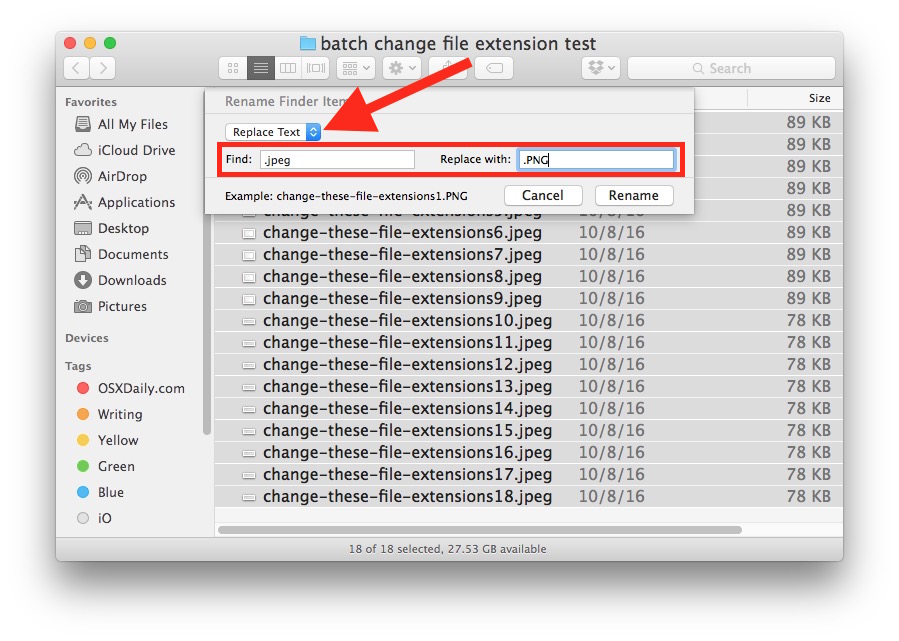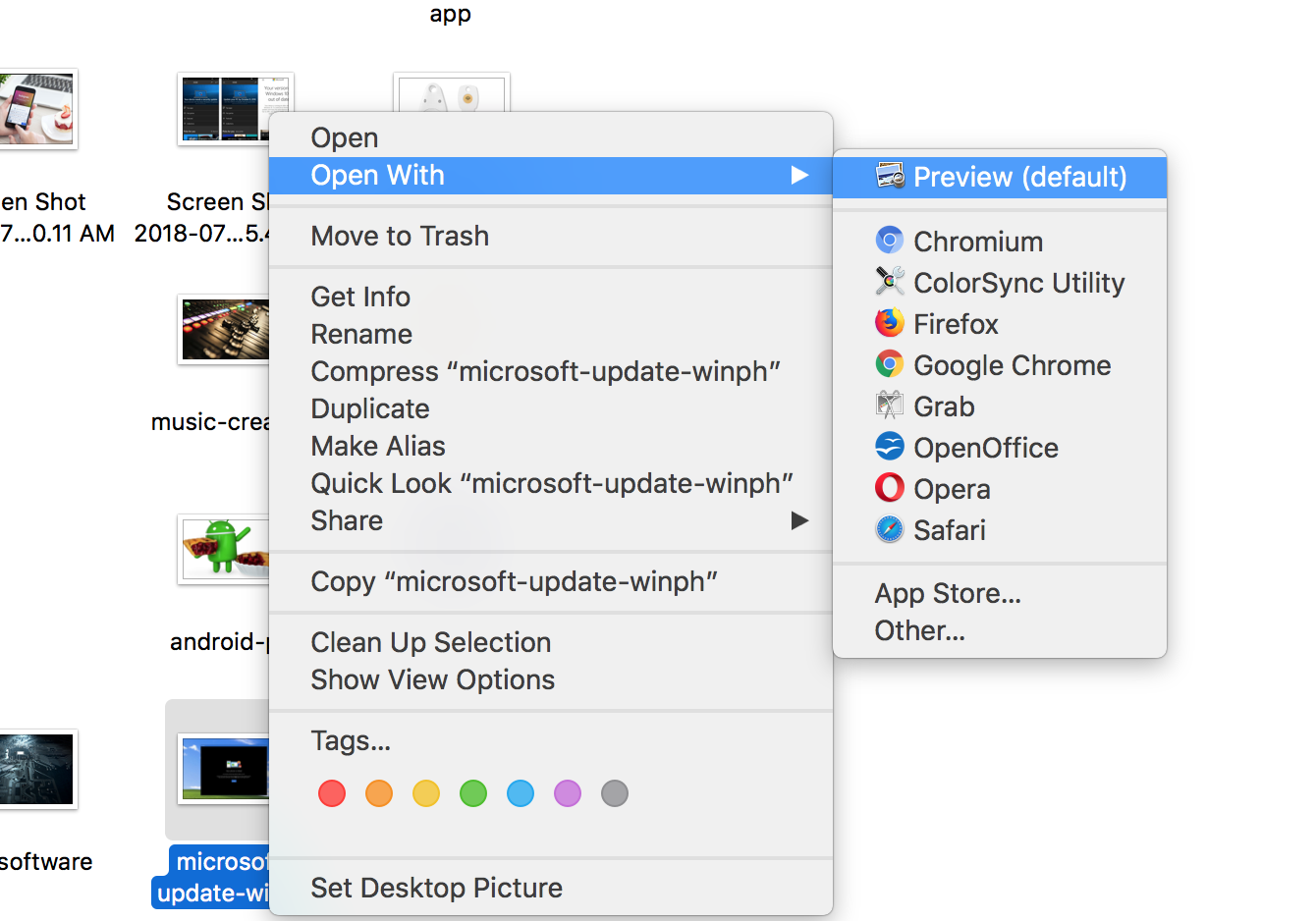

Trying to move to trash with command+delete gives an error: Trying to double-click open in Finder produces nothing. The file is saved to disk with the correct name.
:max_bytes(150000):strip_icc()/004-reply-to-emails-with-original-attachments-in-mac-os-x-mail-b36592b97e954dd7a9f272d0c796122b.jpg)
Even tried formatting it different ways which I show below. The multi-line fstring variable seems fine. Text is properly parsed, variables populated. Trying to write the data to a new text file is not behaving as expected. I add these variables into a new variable that is a multi-line fstring. txt.I'm opening a plain text file, parsing it, and adding different lines to existing, empty string variables. furthermore, you may also create a text file using every other word processing software program including Microsoft word, and – while saving the file – change the document type to plain text and ensure the file extension is. Notepad++ on windows or Bluefish / NEdit on Linux) which might be usually more powerful. These suggestions are for applications covered with an operating system, however, you may additionally download and deploy different text editors (e.g. If it is not included in your Ubuntu system, you can install this software by either selecting gedit in Synaptic (System → Administration → Synaptic Package Manager) or by typing the following command on your Terminal (or ALT+F2):Īfter installation, you will be able to open gEdit by going to Applications → Accessories → Text Editor and start editing and saving new.

GEdit is a Linux text editor commonly deployed as part of the GNOME desktop environment. There is no standard definition of a text file, though there are several common formats, including ASCII (a cross-platform format), and ANSI (used on DOS and Windows platforms). Text is a human-readable sequence of characters and the words they form that can be encoded into computer-readable formats. TXT is a file extension for a text file, used by a variety of text editors. What is a Plain Text format (.txt) File? # However, you could effortlessly work around this limitation by means of simply splitting big lists into multiple smaller items.



 0 kommentar(er)
0 kommentar(er)
